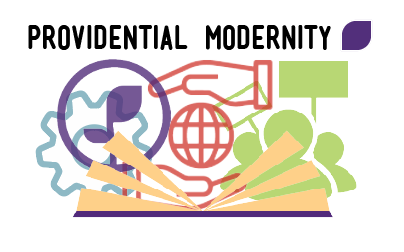

- This event has passed.
Providential Modernity Seminar with Matthias Riedl, Dongxian Jiang & Antong Liu
October 12, 2020 @ 3:30 pm - 5:00 pm

The first Providential Modernity seminar of the 2020-21 academic year will meet at 3:30pm on Monday, October 12.
Matthias Riedl of the Central European University will give a talk on Chinese modernity discourses, 1880-1920, focusing on Chinese alternative modernity in connection to Confucius thought and Western eschatology.
Dongxian Jiang (Postdoctoral Fellow in the Stanford Civics Initiative at Stanford University) and Antong Liu (Postdoctoral Researcher in the Political Theory Project at Brown University) will follow Professor Riedl in talking about Chinese Straussianism as part of a modernity/antimodernity discourse
REGISTER
Please direct your questions to Jeremy Buotte (jeremy.buotte@duke.edu).
The Providential Modernity seminar brings together faculty and graduate students from several area universities on a monthly basis to discuss work in the areas of history, political theology, and comparative sociology from Antiquity to the present. A key goal of the seminar is to place scholars of religion into conversation with one another and address scholarly challenges emerging from the post-secular age. “Providential modernity” encompasses a variety of social and political hopes, as well as anxieties, about the promise of history, sometimes expressed in millenarianism and apocalypticism, at other times in peaceful theodicies. In modern times, secular surrogates for providentialism found expression in revolution, social change, and the transformation of knowledge — ideas that have been conceptualized from Hegel to Fukuyama in discussions of the End of History. Many put their “faith” in “providential modernity,” while others, in despair, denied that history had any meaning at all. At the core of our deliberations will be an effort to deepen our grasp of the ways in which religions, Western and Eastern, both converge and differ in their understanding of providentialism, and how scholars may respond to the powerful working of religion in the postmodern age.
